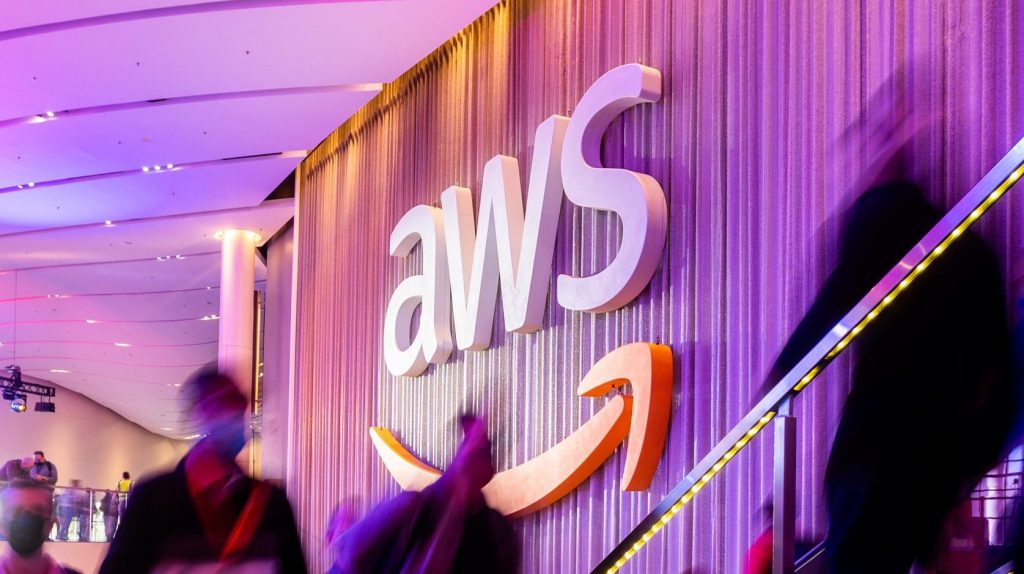David Spitz
One of the problems with technology maturation frameworks like the Gartner hype cycle is that you never know where you stand. That is certainly the case with mobile apps today. Depending on whom you ask, the app economy is either poised for significant growth or about to take a serious nosedive. Let’s consider the arguments on both sides.
On one hand, research shows that the demand for apps is at an all-time high. There are several contributing factors, but it boils down to this: more people, carrying more devices, using them more often, for more purposes. People now spend more time on their mobile devices than they do on the desktop web, and the majority of that time on mobile is spent using apps.
From a revenue perspective, Apple’s App Store sales are up more than 40 percent over last year. They now exceed $20 billion. If you factor in Android, which has the dominant share of devices, total app store billings are closer to $40 billion. App Annie’s app economy forecast projects the figure to be $100 billion by 2020.
These numbers don’t even account for the wider economy being built around apps. For example, the estimated $300 billion in e-commerce sales transacted through mobile apps in 2015. Or the $34 billion in advertising surrounding app content and communities.
On the other hand, not all apps are created equal. Nielsen reports that despite the increase in choices and time spent within apps, the number of apps used is holding relatively constant (averaging about 27 per month).
In terms of total users, a few companies dominate (e.g. 10 of the top 12 apps are owned by Apple, Facebook or Google). The concentration of time spent around these and other “short-tail” apps is expected to increase moving forward, as more and more services are bundled into “umbrella apps” such as Facebook Messenger, WhatsApp, Viber and WeChat.
In China, for example, millions of lightweight apps live inside WeChat. WeChat is the de facto portal through which people access mobile services, like Yahoo or AOL was once for the web. And what’s happening in mass-reach messaging apps is also happening in search, gaming and other apps with large install bases — they are controlling the data and experience within which other apps operate.
The beginning of the end for mobile apps or the end of the beginning?
If you’re building a mass-reach consumer social media or messaging app, and you don’t work for one of the incumbents like WeChat, Facebook or Snapchat, you may want to consider pivoting. The market isn’t quite winner-take-all, but it’s getting close.
But what if you’re a brand looking to reimagine your loyalty program for millennials? Or you want to create a digital product or service that people use on a routine basis? Or you run IT for a company whose workforce is distributed and mobile? In these cases, and more, it’s a great time to build and invest seriously in an app strategy.
Here’s why.
There’s more to apps than time spent
Even if only 10-15 percent of mobile time is spent inside standalone branded apps (i.e. created by retailers, banks, airlines and hotels, as opposed to social networks and other forms of “umbrella” apps), that is still an enormous amount of time.
More importantly, these are highly valuable customers, performing highly valuable actions. For example, one study showed that banks generated 72 percent more revenue from their mobile users compared to branch-only customers.
Figures like these are making large enterprise IT departments sit up and take notice. And with Gartner estimating that 25 percent of enterprise IT budgets will be invested in mobile app development by 2017, expect a lot more apps that facilitate loyalty-building and other interactions with high-value customers — interactions that may not be measurable by in-app purchases or commerce alone.
App marketing is coming into its own
It’s also worth noting that the competition for time spent in apps is not a zero-sum game. The rise of scale in mobile advertising platforms and “apps within apps” is a very good thing for the overall economy. It means that app developers now have more ways than ever to reach qualified potential customers.
App-install ads are expected to be a $5 billion business in 2016, and that’s just the beginning of what’s possible. The availability of app services — such as the ability to order from Uber or GrubHub from inside a messenger app — will not replace the need for standalone apps any more than AOL or Yahoo’s mega-portals replaced standalone websites.
On the contrary, these embedded services will significantly lower the barrier to trialing new apps while on the go (without requiring a download), while fueling app discovery. Just as the new media companies (think BuzzFeed and Vice) built massive businesses by distributing their content liberally across paid, owned and earned media, so too will the new breed of app marketers enable different ways of engaging with their services across paid, installed and distributed channels.
What’s more, with the ever-increasing sophistication of deep-linking technologies and tools that harness first-party app data, apps are increasingly connected to search results, marketing automation tools and the mobile operating system’s notification channel. More than ever, app marketers can seamlessly guide people into (and out of) app experiences, re-engaging and “winning back” dormant app users, for example, by sending them relevant updates through Facebook, push notifications, email and more.
Economies of scale are making apps more efficient to produce
Even with functionality on the rise, overall app development and maintenance costs are decreasing. As mentioned, there is a growing ecosystem of tools enabling app developers to move faster and do more with their apps. Also, with increased standardization (around iOS and Android, for example), there is less risk of software obsolescence.
Apps once lived only on mobile devices. But now apps have moved to cars, televisions and homes through systems powered by the dominant OS platforms (Apple and Android). There are more outlets than ever to monetize software development costs without requiring significant modifications.
Which side are you on?
A wise man once said, “You pay a very high price…for a cheery consensus.” Even if I’m wrong about the future of apps, which is entirely possible, there is little doubt that we are at an inflection point and the mixed consensus means there is an opportunity for those who can pick the right side.
Which side are you on?



































Comment